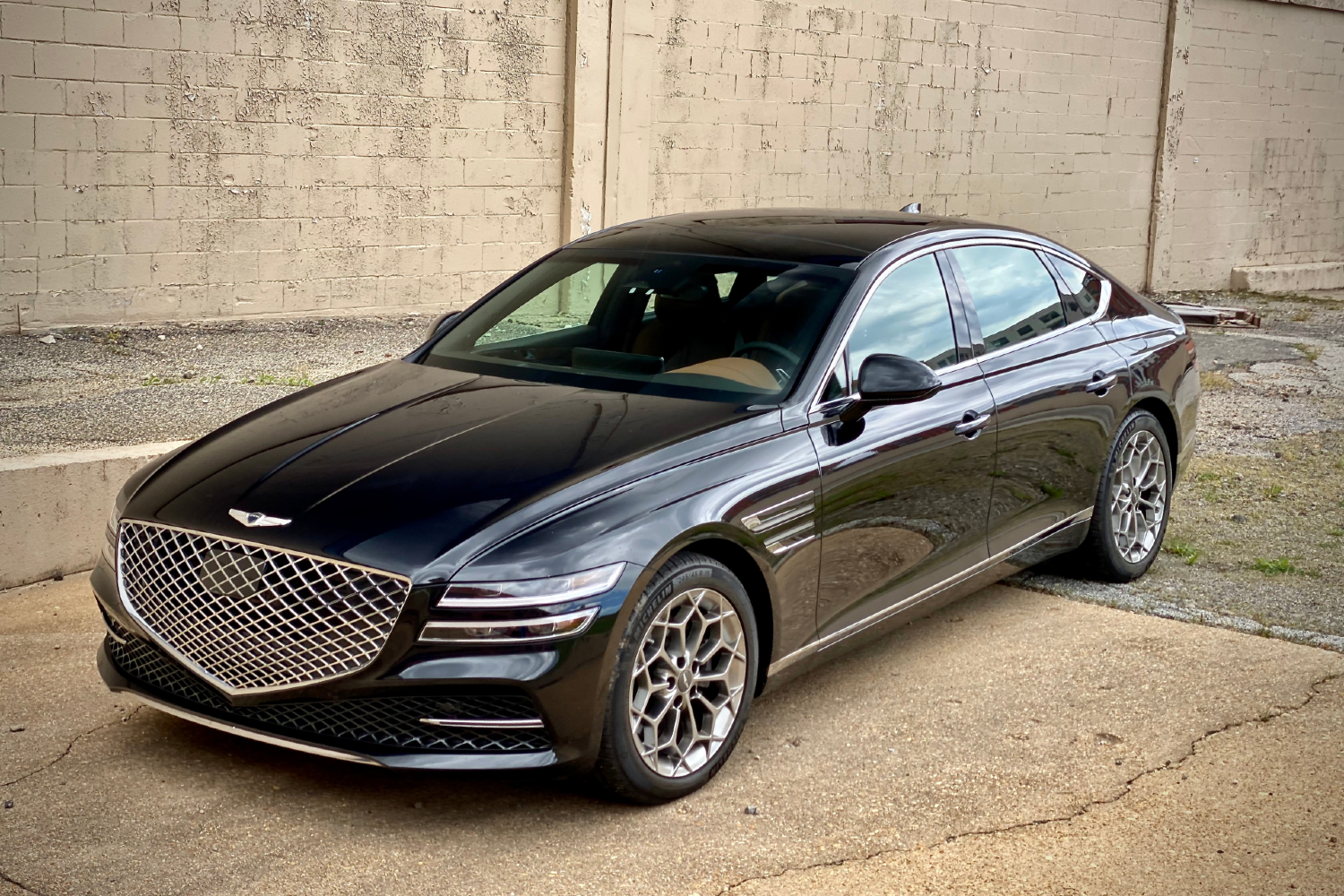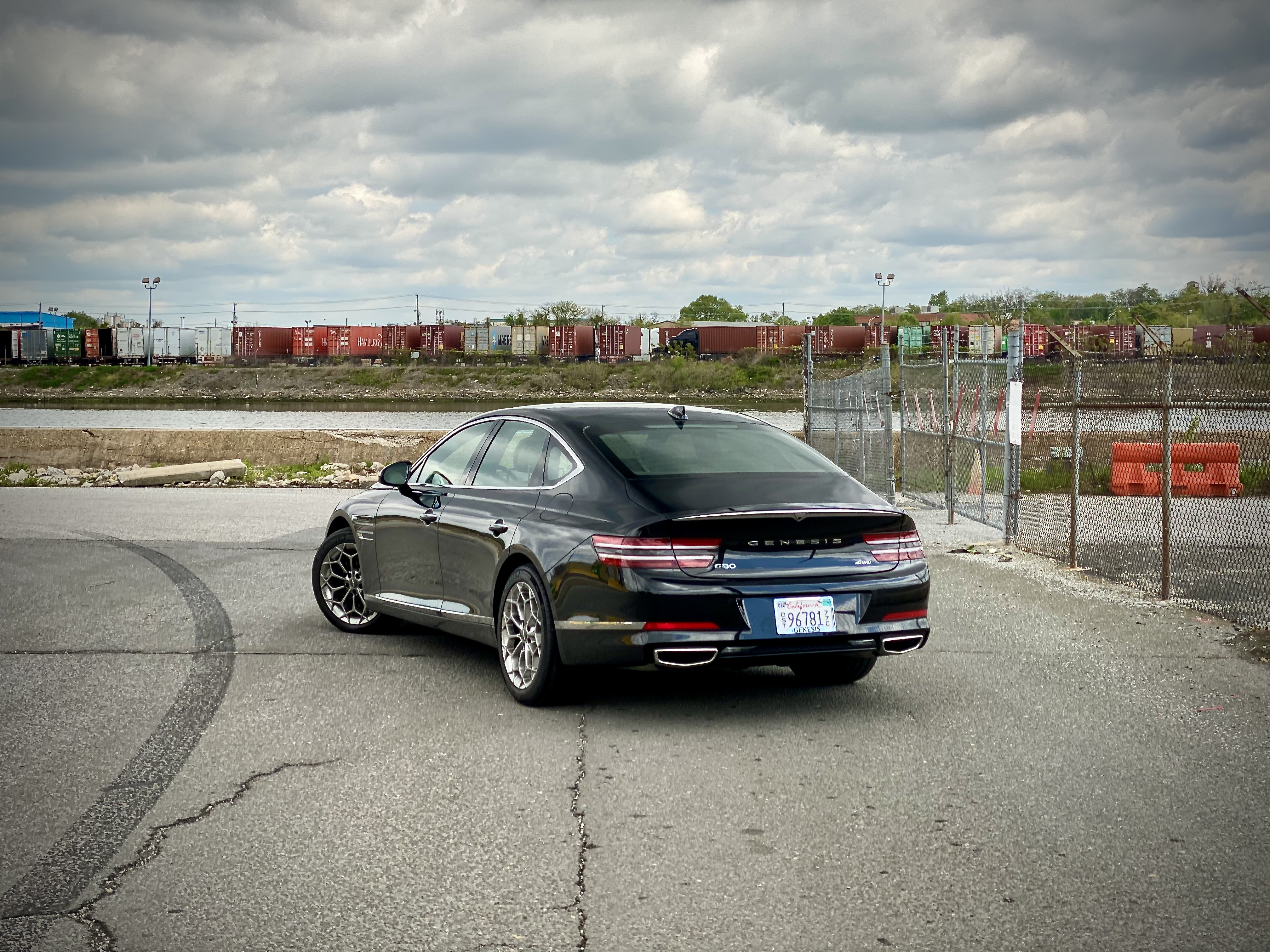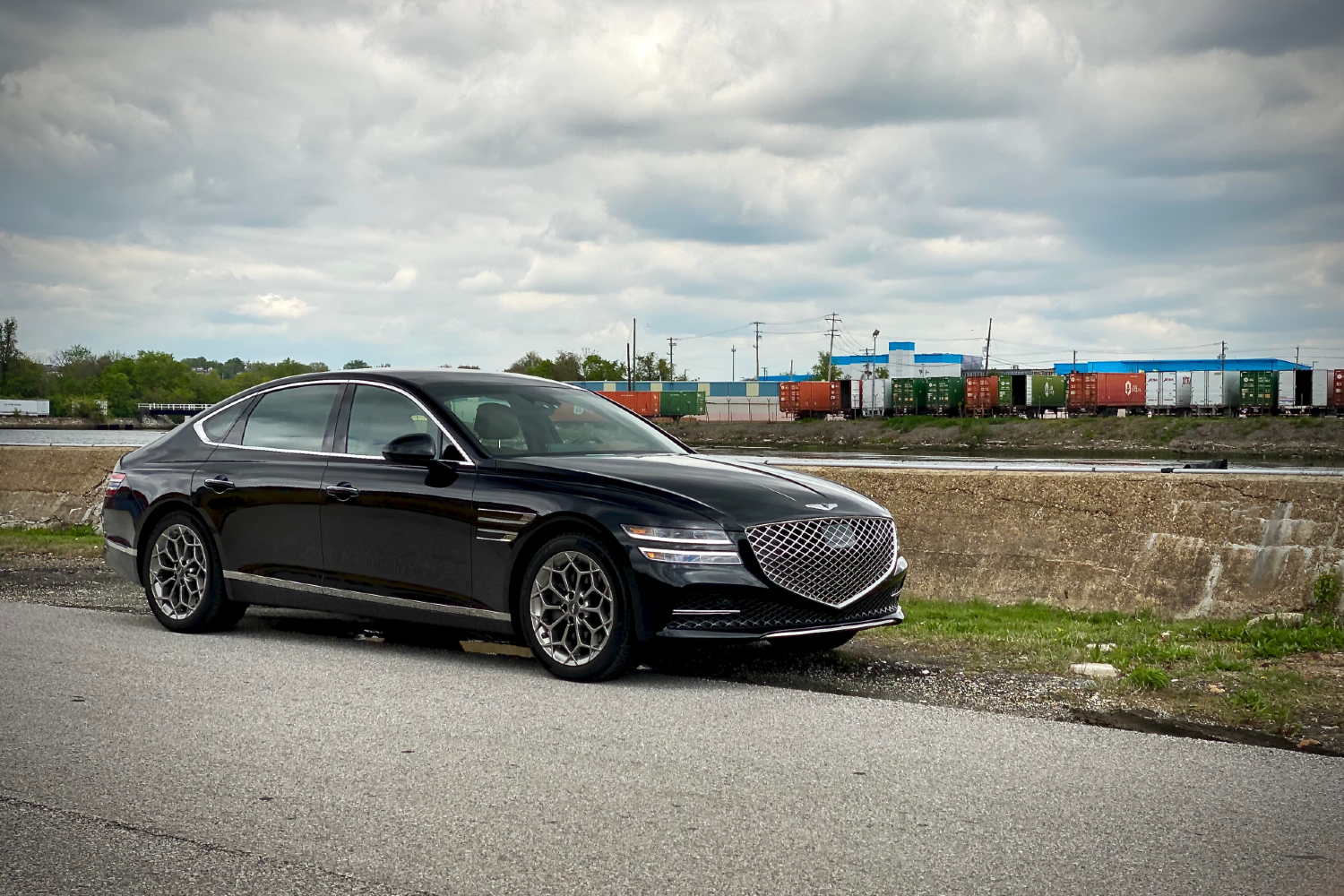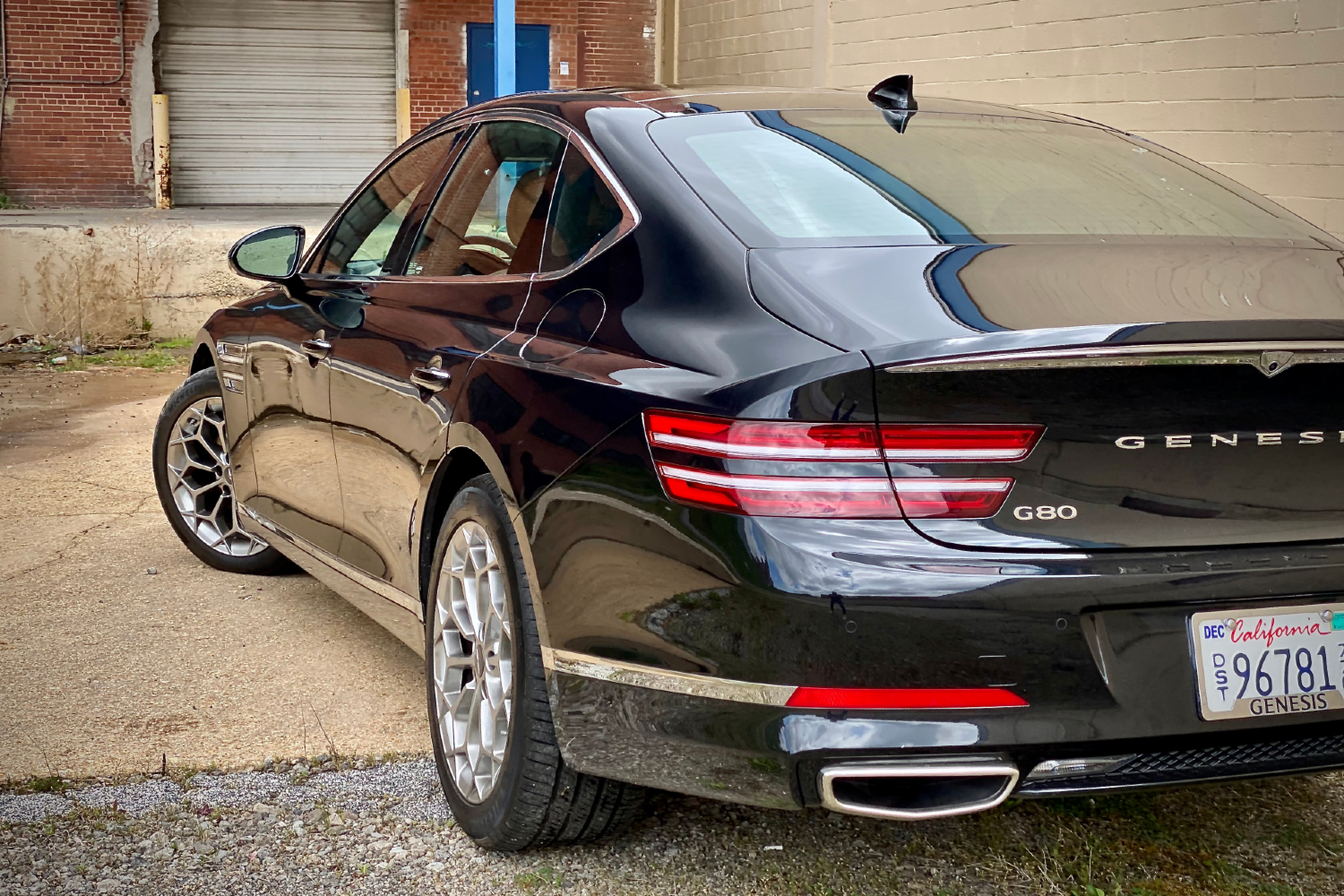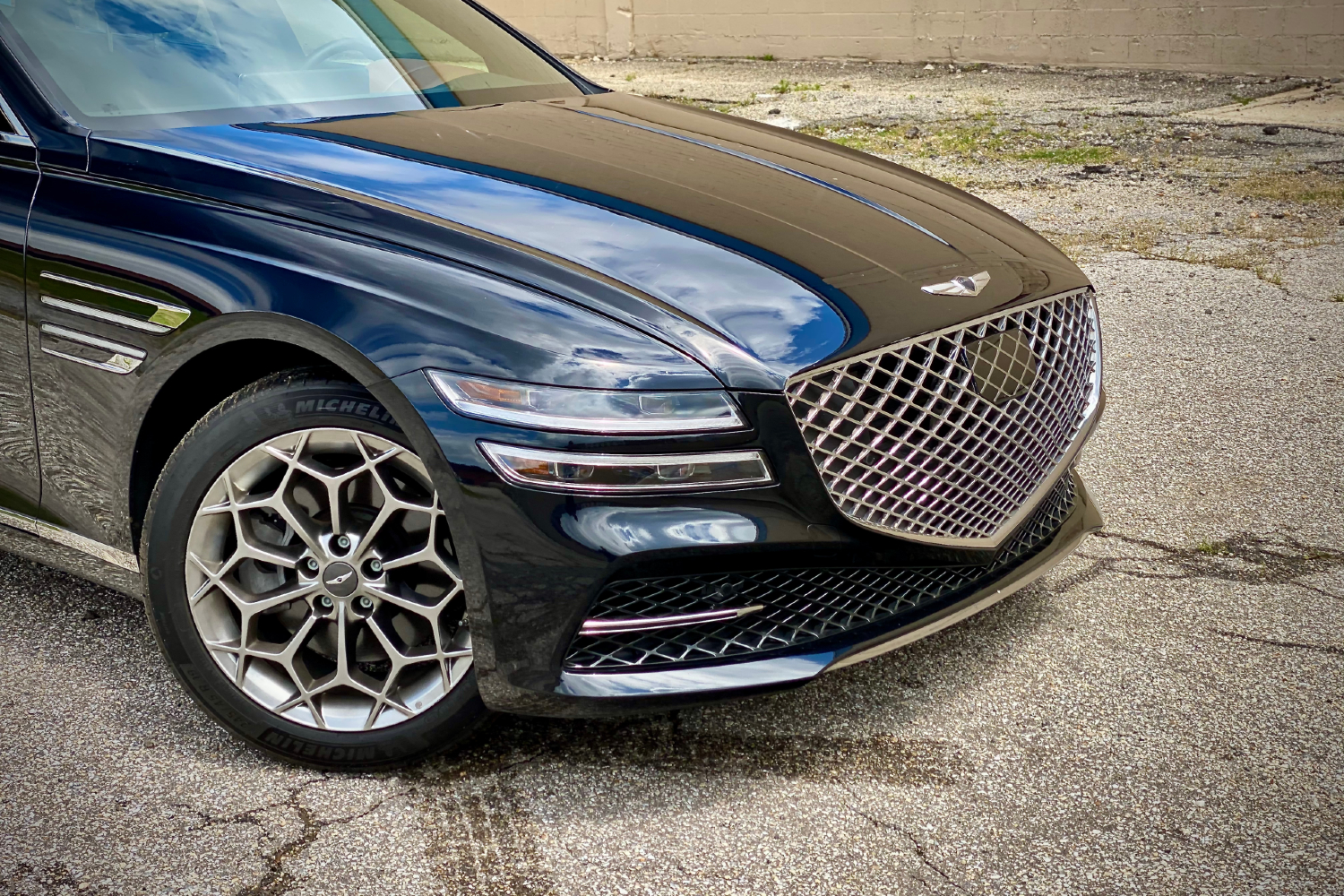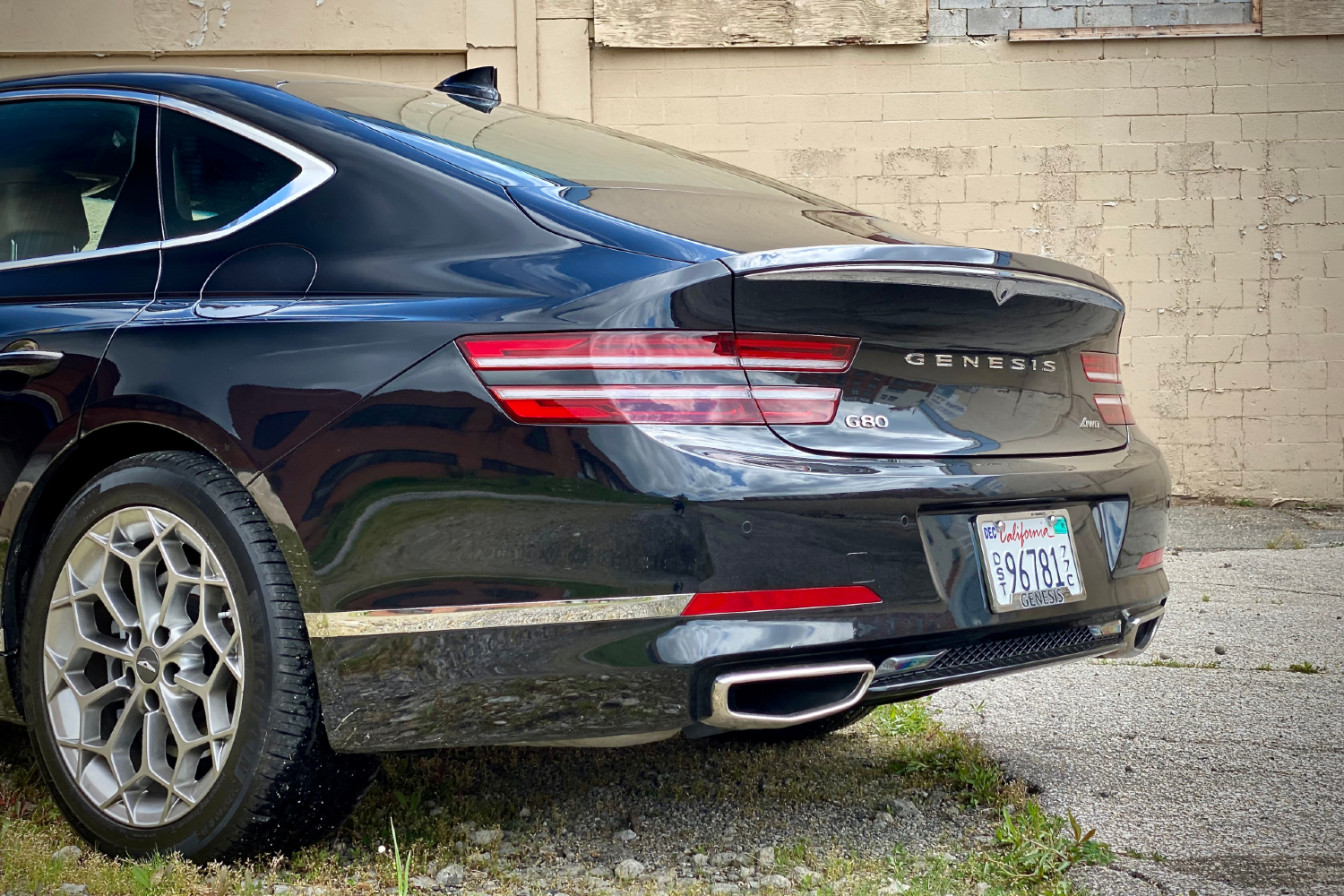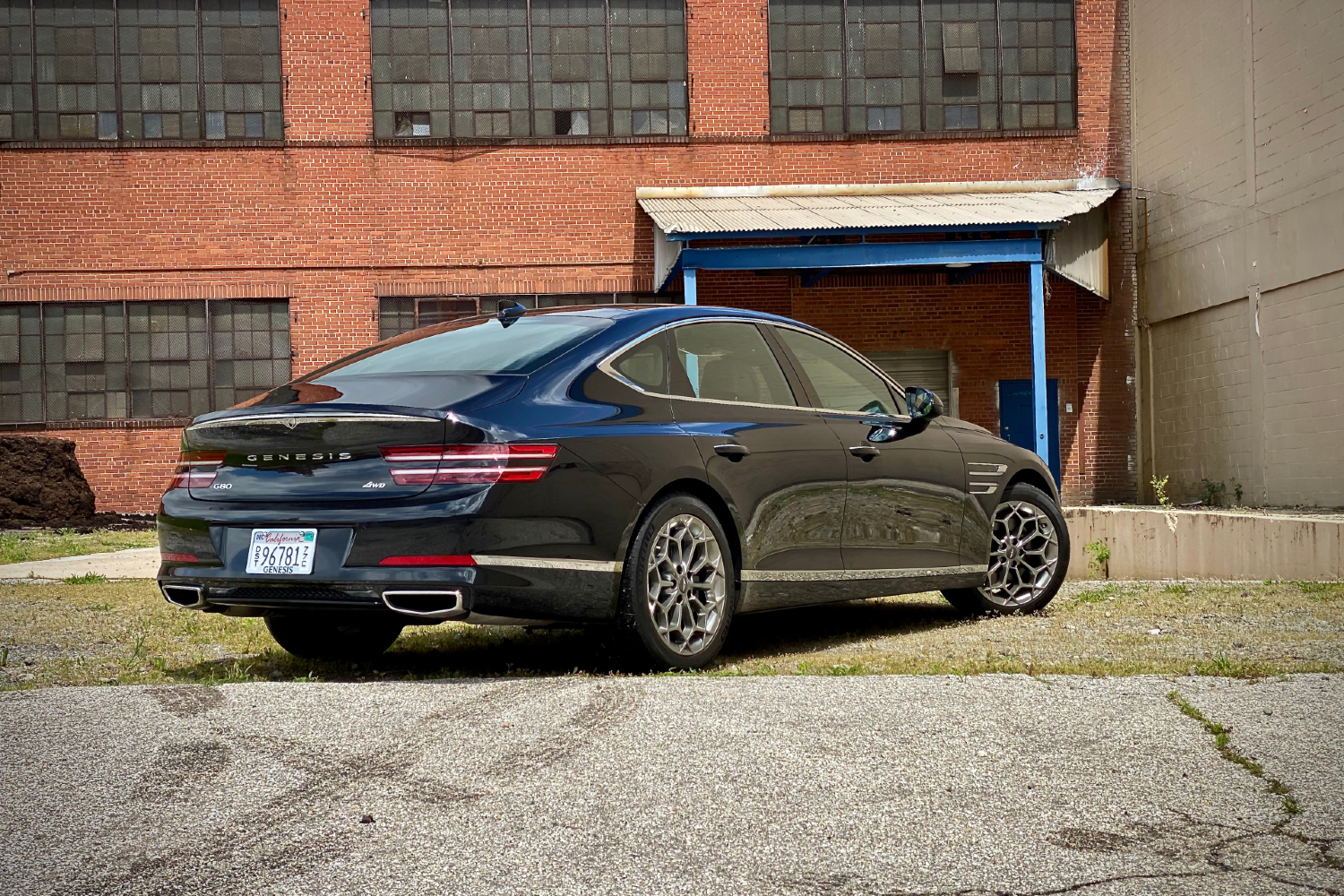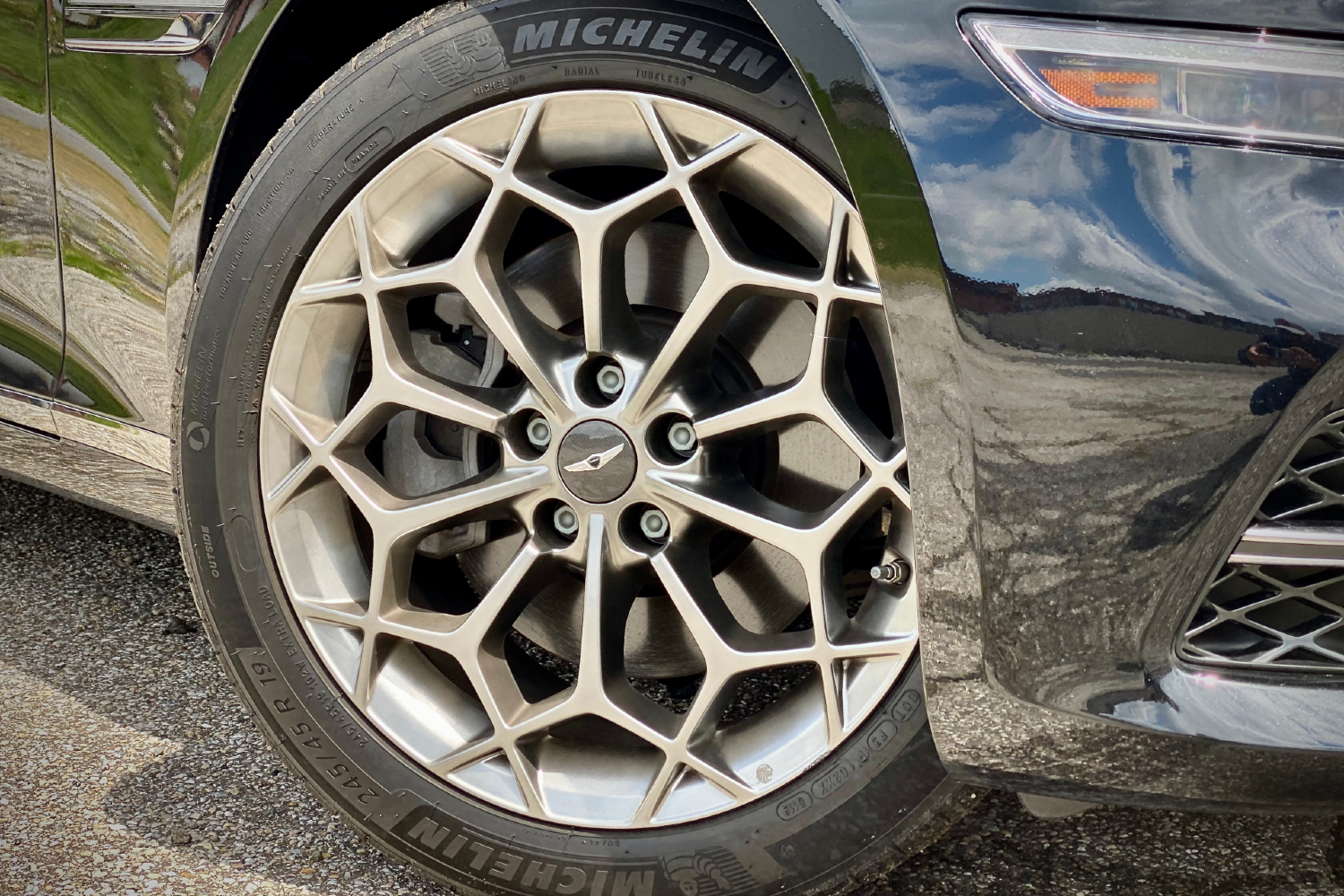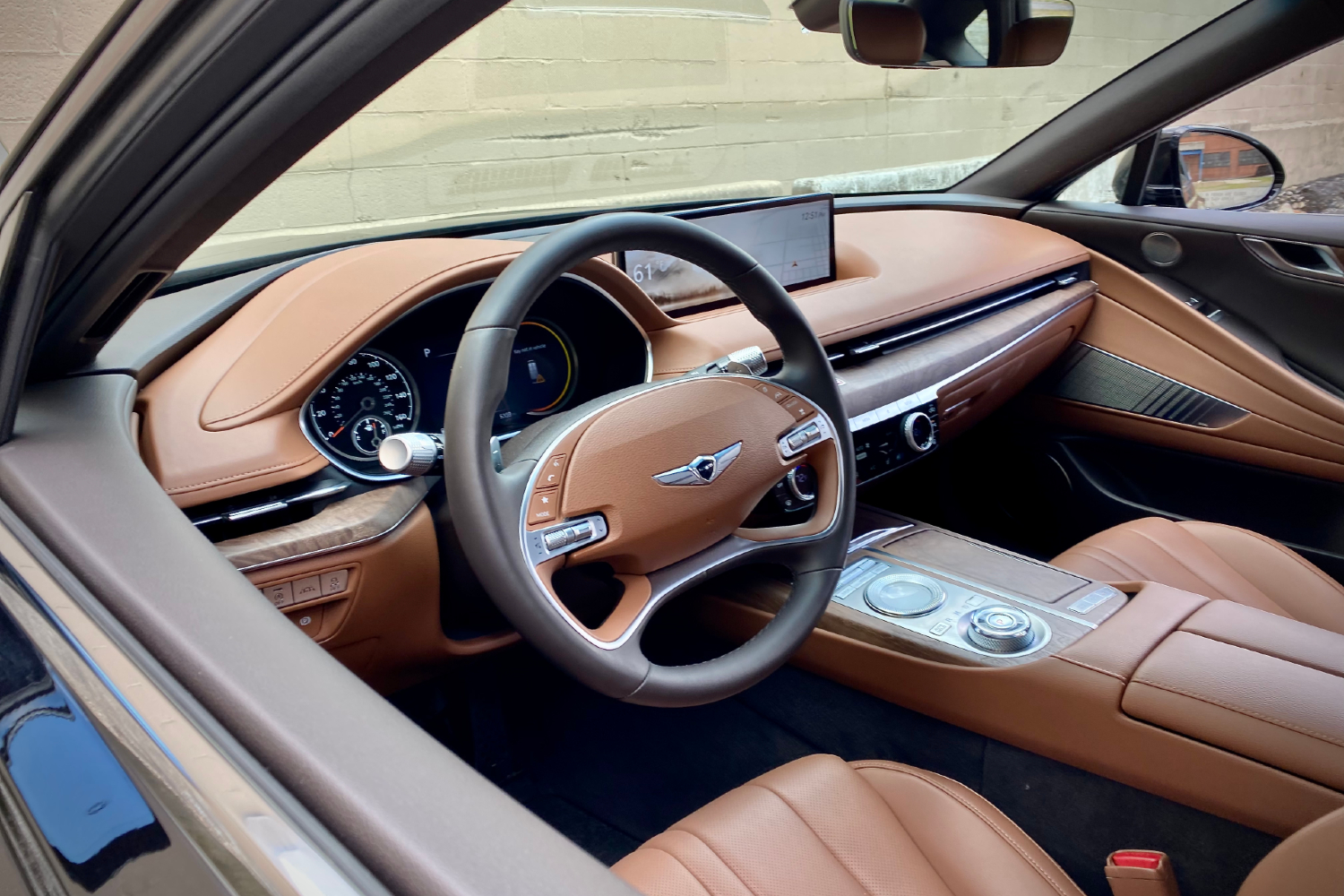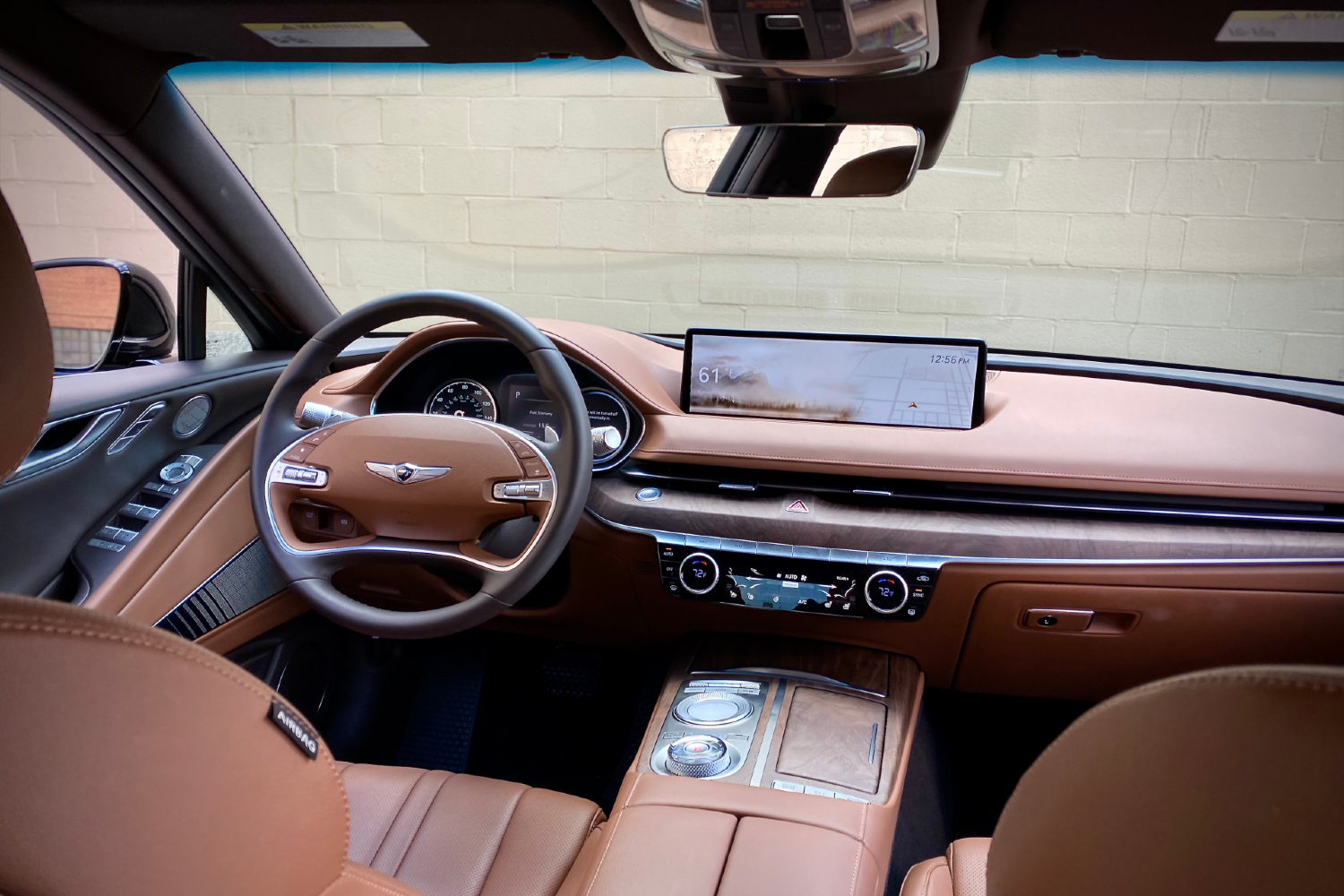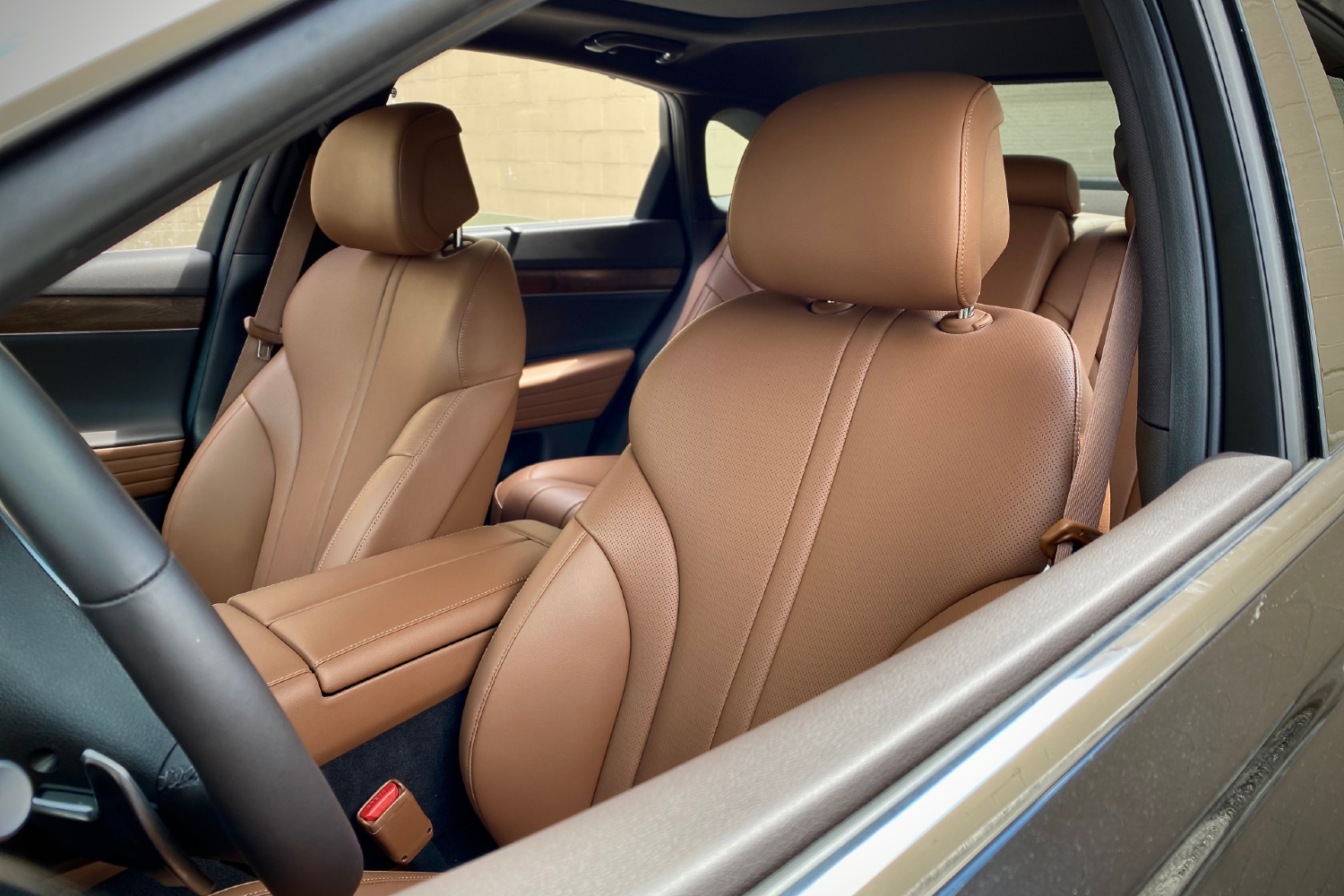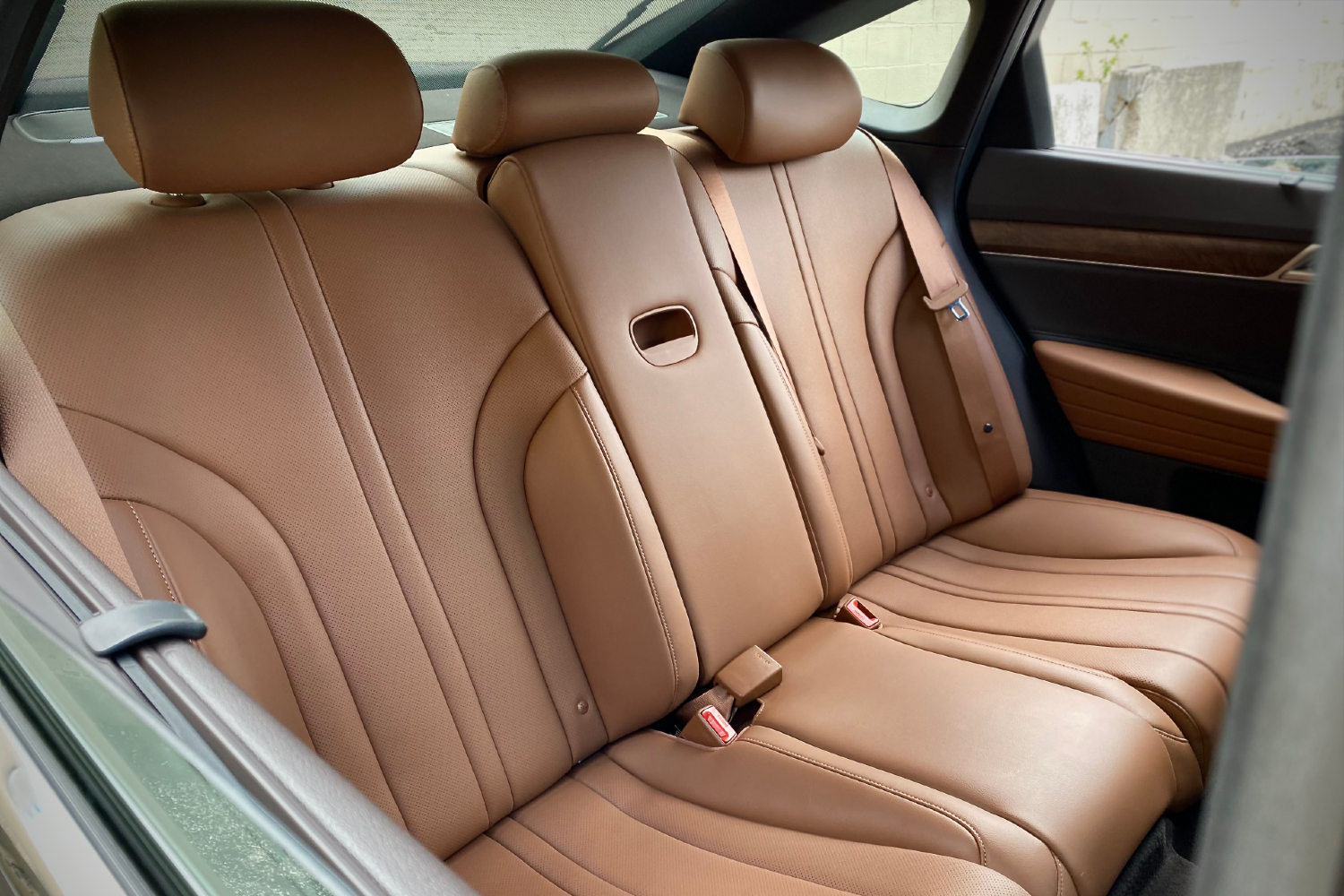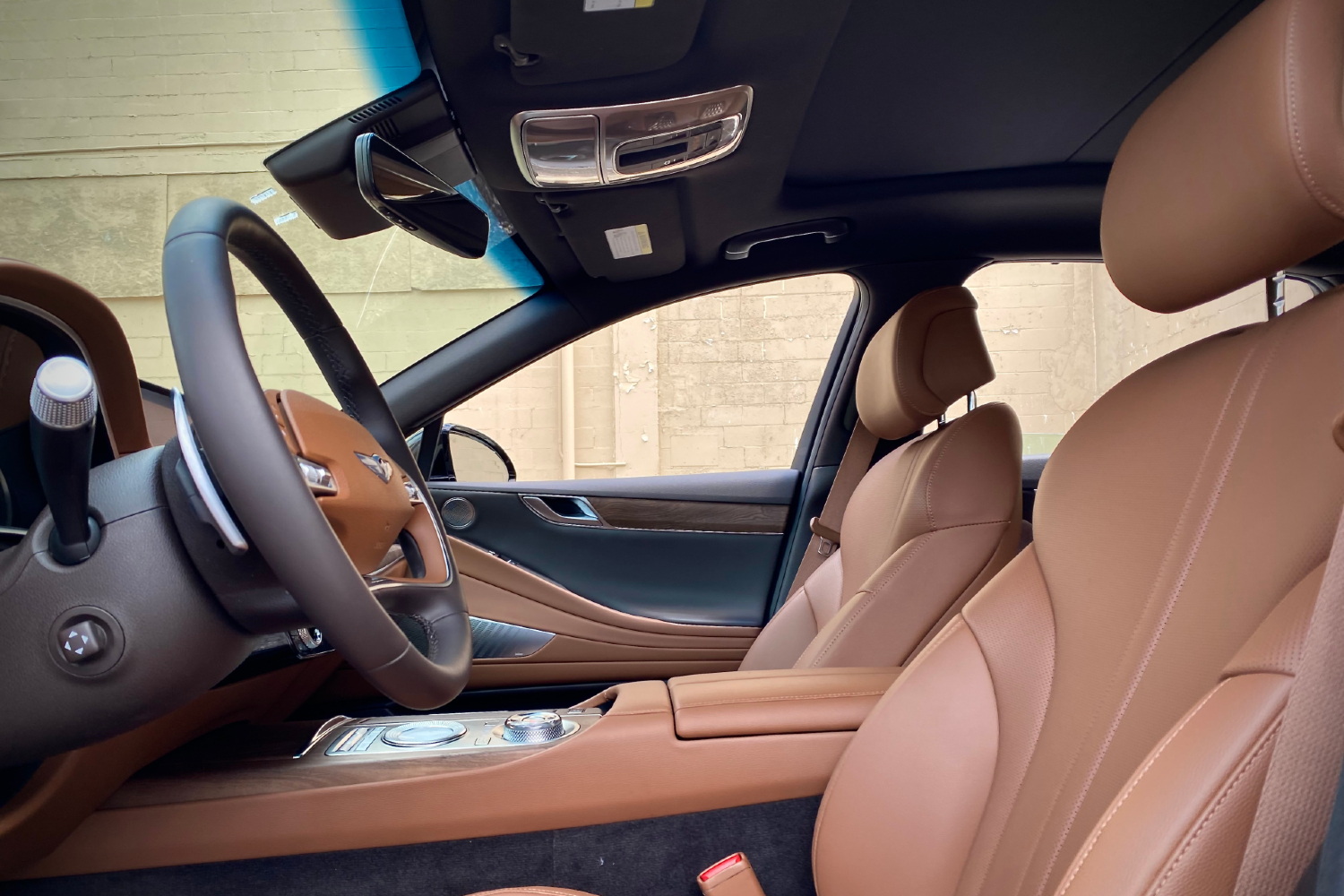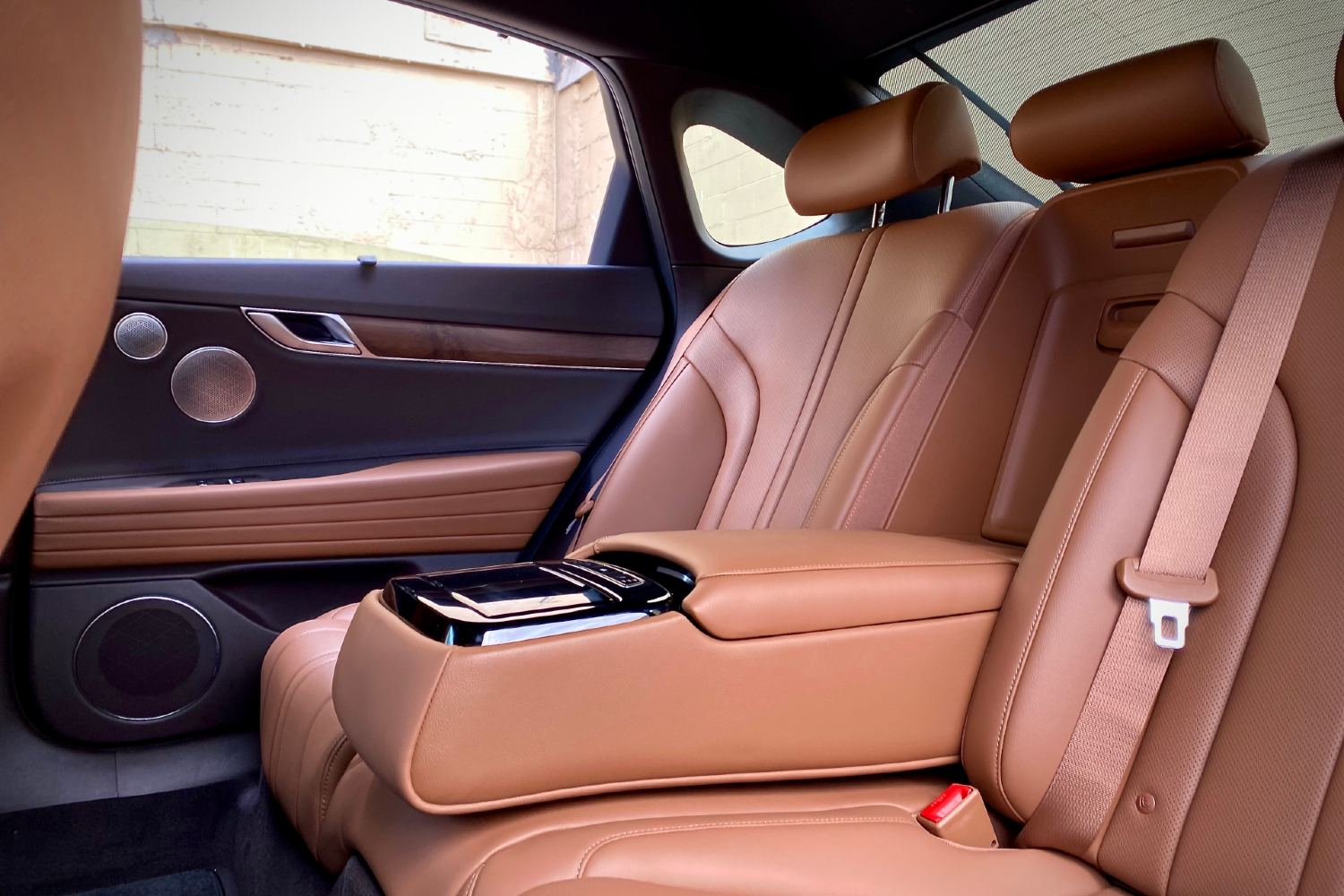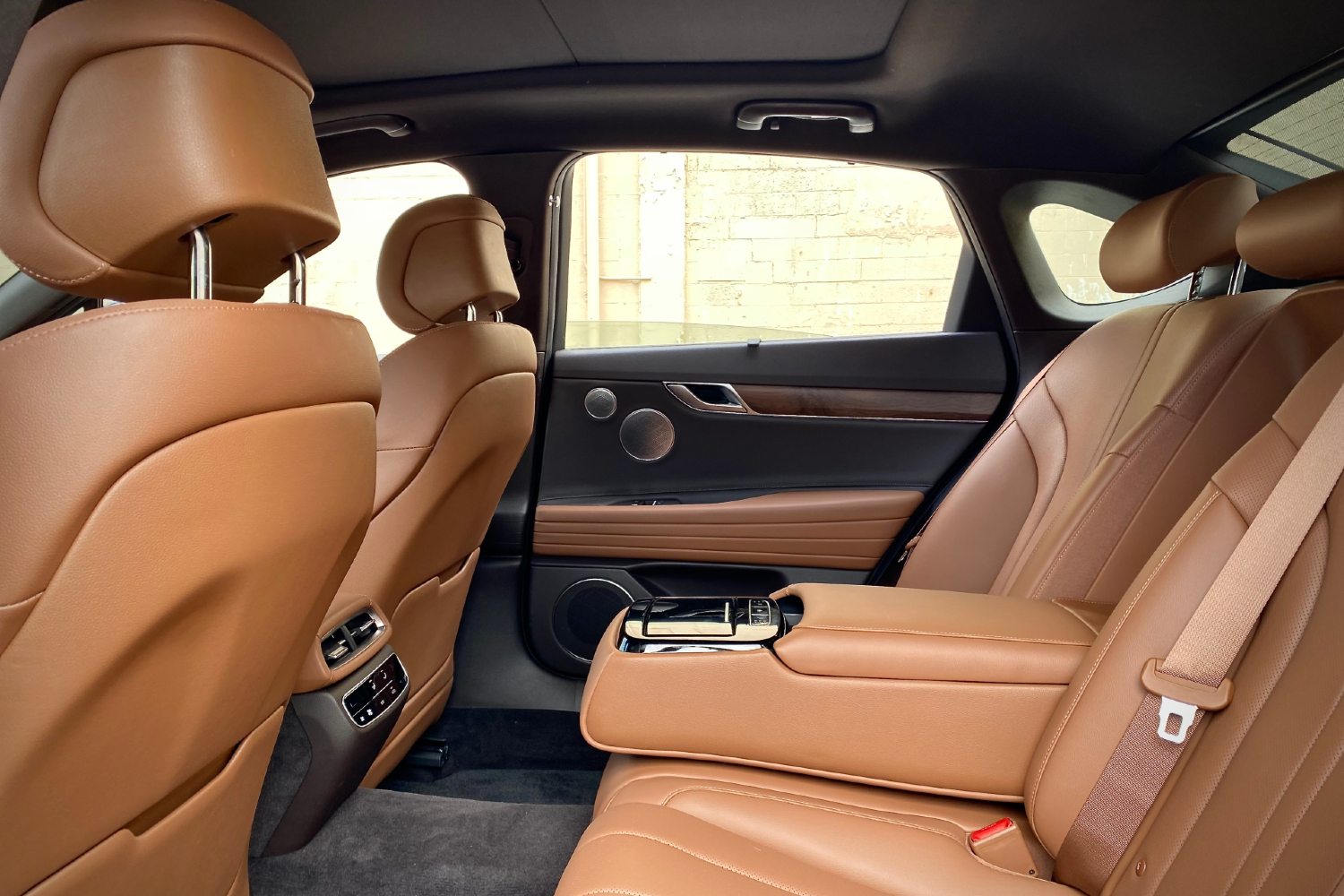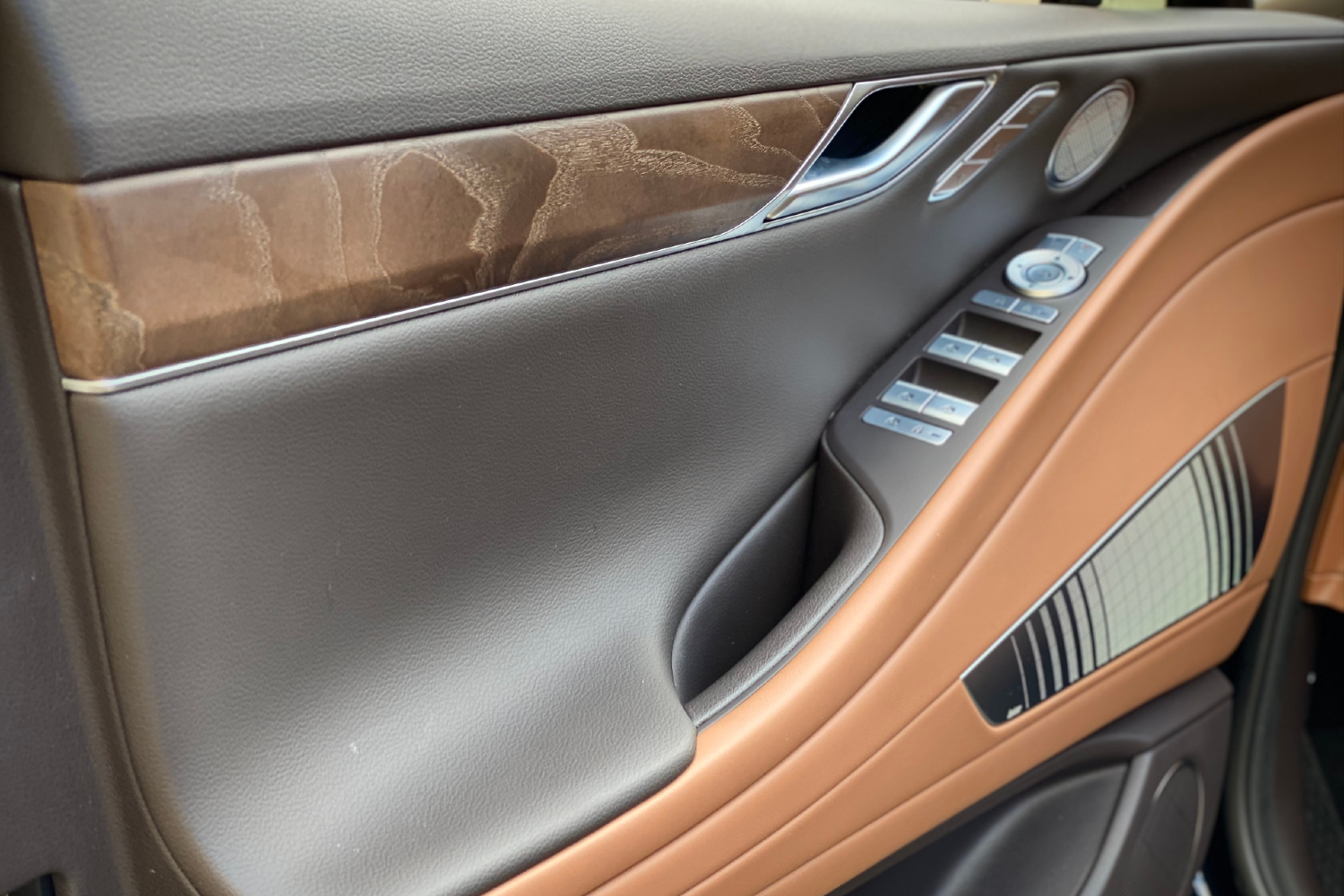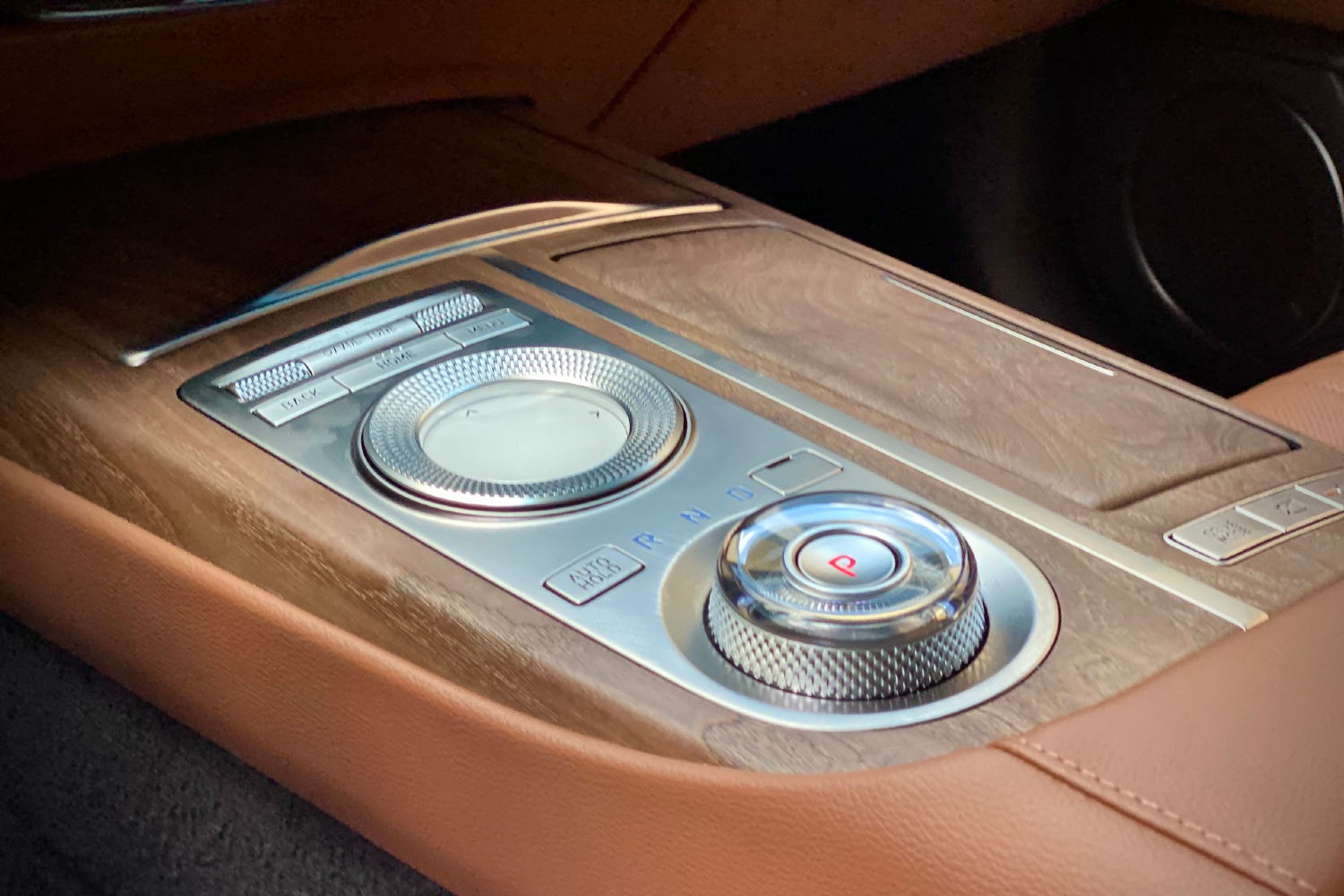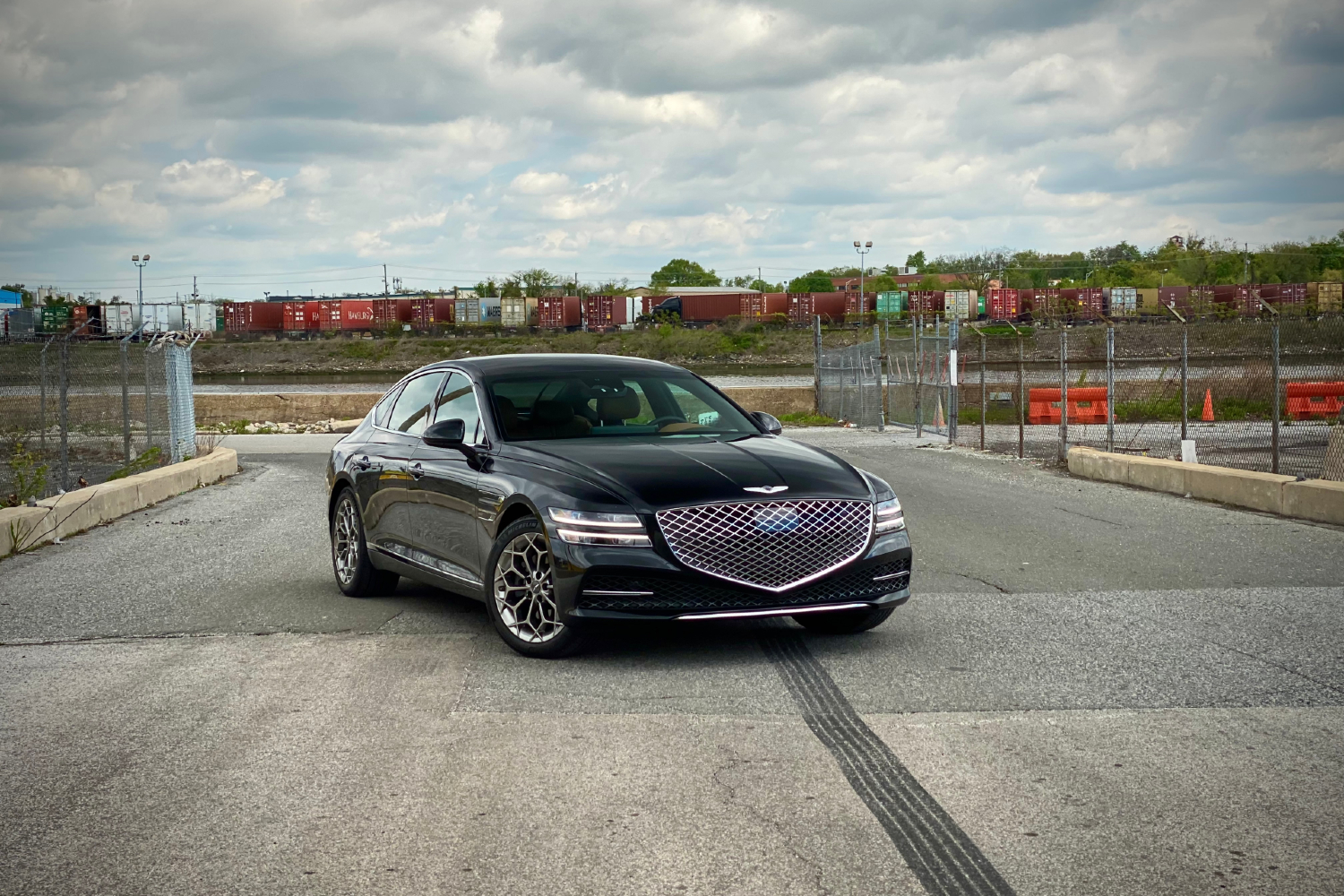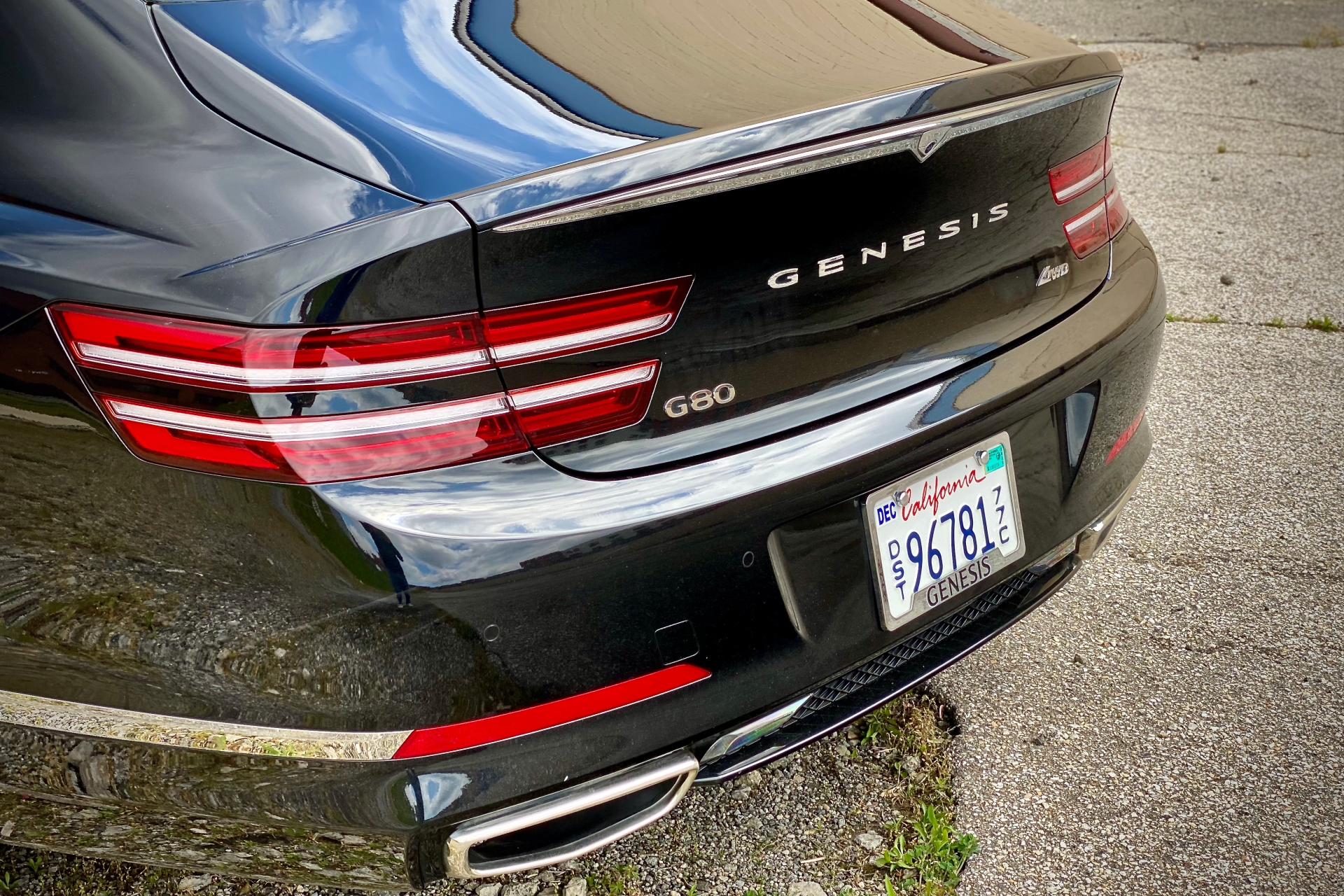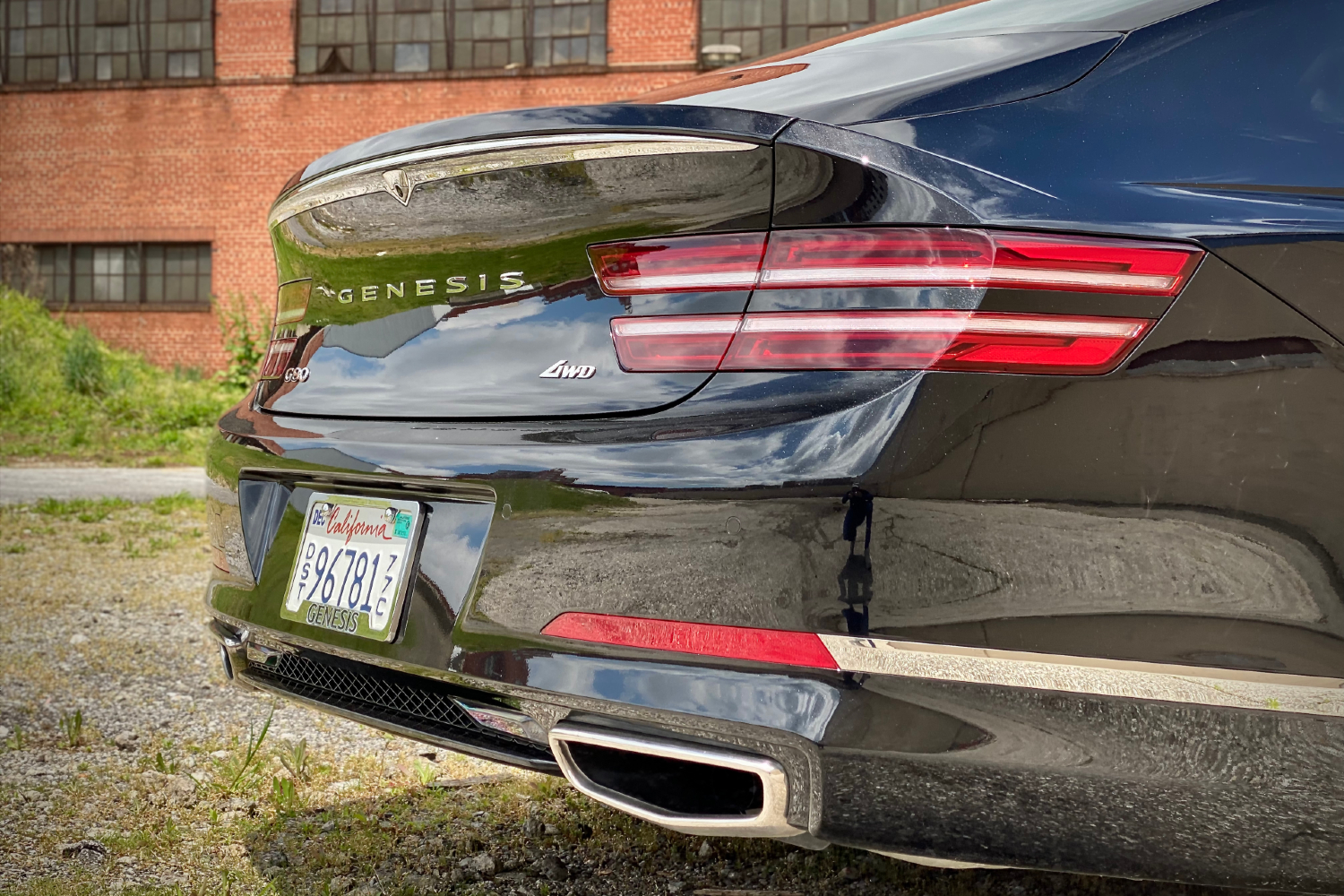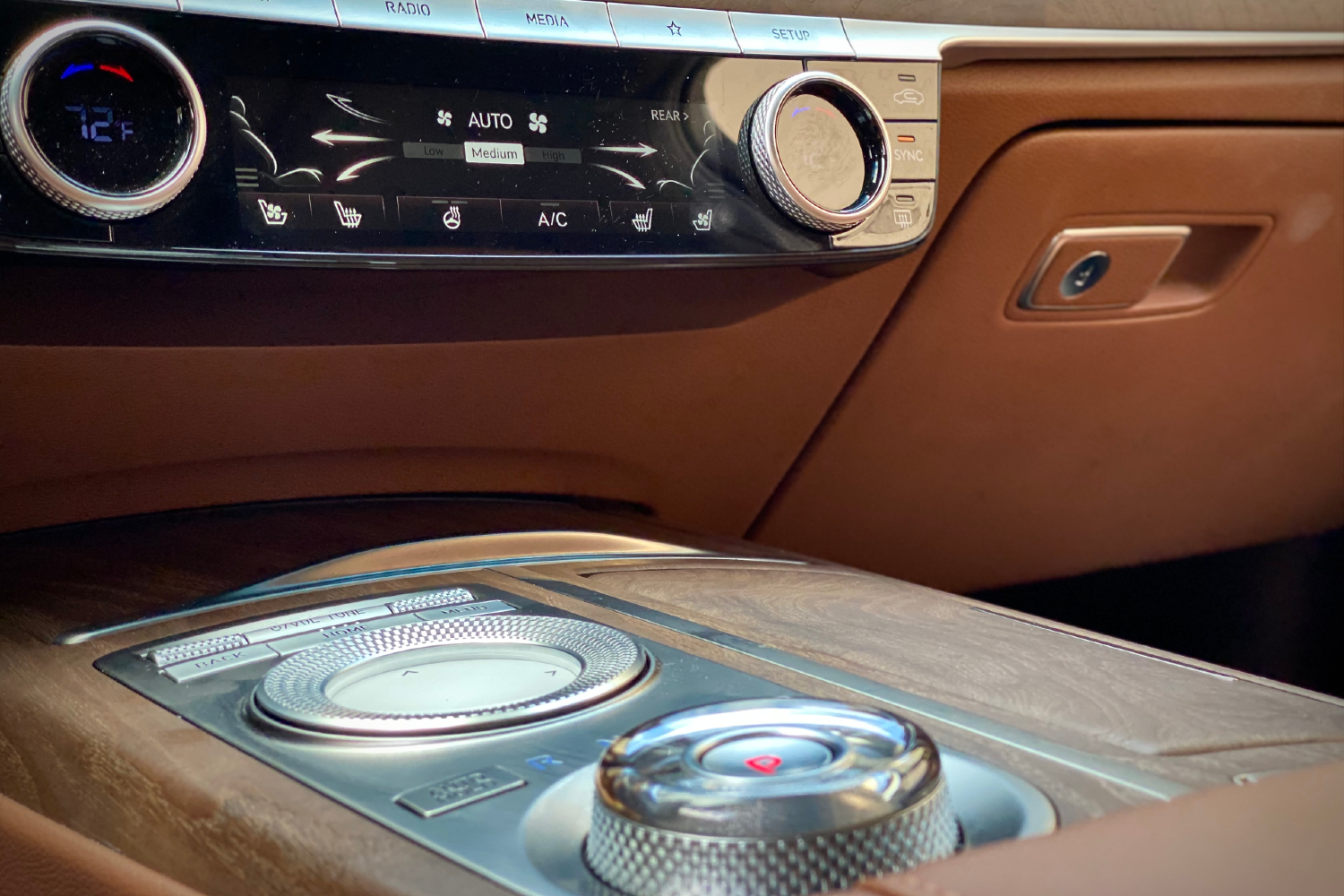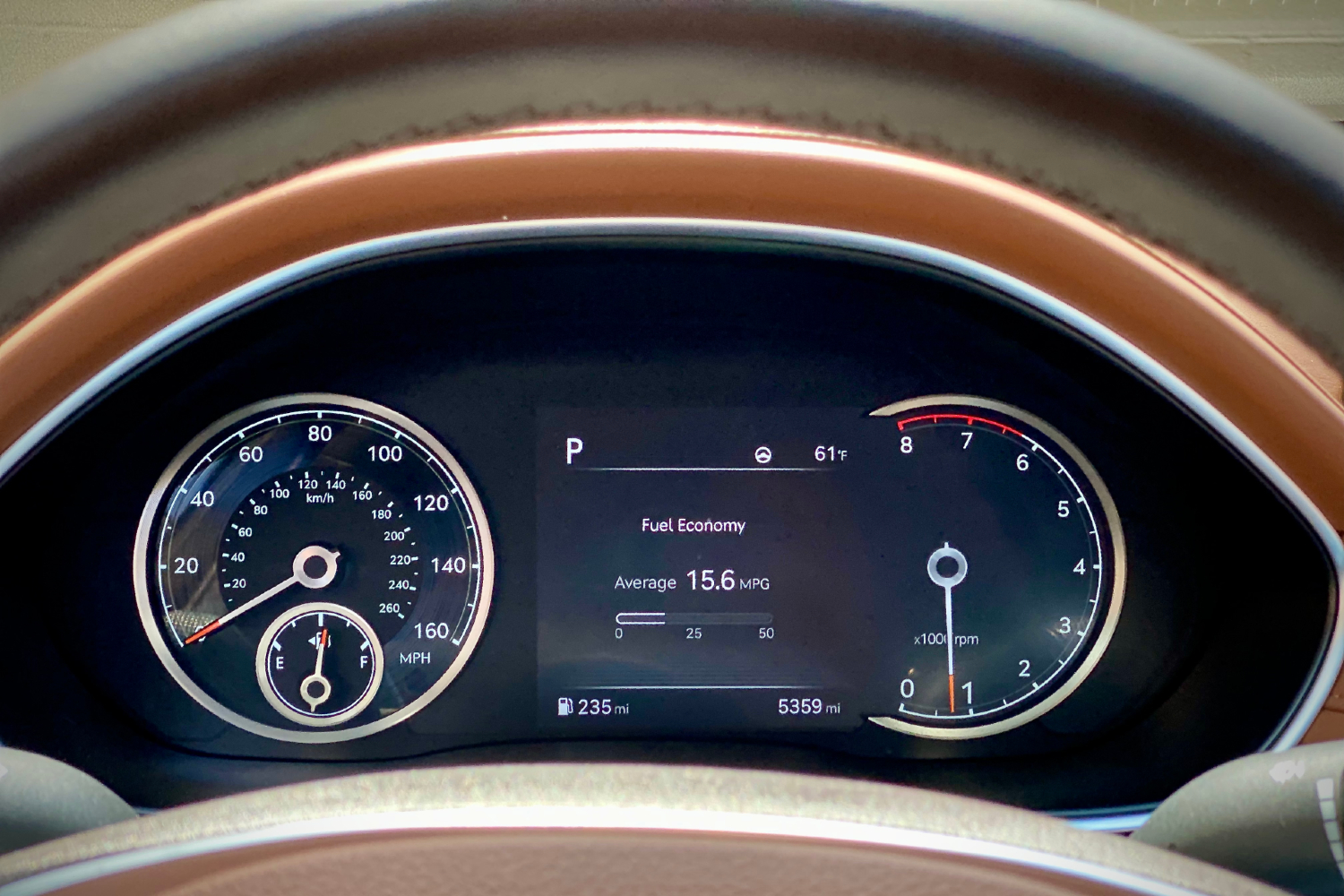Once upon a time, Genesis was just a fancy model in a Hyundai lineup. The Hyundai Genesis, as much as it confused people, attempted to do something bold — be a luxurious option from South Korea to take on the far more popular options from Germany. It worked. Sort of. People couldn’t get over the whole Hyundai thing. Nowadays, Genesis is a full-blown automaker, with its own distinct lineup and a hell-bent desire to upend the luxury scene.
If you’re still in the market for a sedan, the 2022 Genesis G80 is truly one of the best options on sale. Handsomely styled, incredibly luxurious, bursting at the seams with value, take the new G80 for a spin and you’ll no longer wonder what Genesis is. Sure, the automaker has two new exciting SUVs, but an automaker putting a lot of effort into a sedan is rare these days. While the original Hyundai Genesis did a lot to put the name on the map, the new G80, which is the successor to the original, solidifies Genesis’ role as a true luxury brand that can hang with the best of them.
In fact, the Genesis feels like a fresher luxury vehicle than anything from Mercedes-Benz, BMW, Audi, or Lexus. If you prefer your whiskey to be smooth instead of a punch to the gut, you’re crazy not to give the G80 an honest chance.
Design & Interior
Styling tends to be a highly subjective thing, but there’s no way people can look at the G80 and not feel some kind of emotion. Genesis has certainly found its design niche in the past few years, carving out a unique look for its vehicles in a segment that’s known for playing it safe. The fastback roof, impressive wheels, and massive shield grille at the front may give the sedan a sporty look, but this is an elegant machine with gorgeous running lights, dashing taillights, and the right amount of chrome.
Unfortunately, you’re bound to get some questions on what kind of car you’re driving. This is inevitable. Not a lot of people know that Genesis exists and the exquisite design draws wandering eyes, leading to questions. While the exterior brings puzzling looks, the cabin is pure class.
The design of the cabin is beautiful, especially with the brown-on-brown configuration that our press vehicle had. The steering wheel may look strange and using a rotary dial as a shift knob isn’t that simple. But the attention to detail is astounding. Most of the dials (and stalks) you interact with have knurling on them to feel substantial, the flowing lines on the door panels, and wood trim make the G80 feel just as good as anything from Germany.
It’s a similar situation with the technology. The way the massive 14.5-inch screen has been integrated into the dashboard is so much better than other brands that just tack the screens on as an afterthought. Even the climate controls have been thoroughly thought out with a screen displaying where the air is flowing, while dials with their own separate displays are also included. The main issue with the tech is the 12.3-inch digital gauge cluster that’s an odd mix of digital and physical. Beyond that, there’s just so much to like that finding a fault with the G80 is nearly impossible.
Driving Experience
Don’t look to the G80 for a sporty ride, this thing is an old-school sedan in the best ways possible. The G80 doesn’t reward drivers for finding a good road to drive on, but instead, chooses to pamper riders. It’s a nice take on a luxury midsize car, as most tend to overly sportify everything.
The G80 we tested came with a turbocharged 2.5-liter four-cylinder engine making 300 horsepower. No, that’s not exactly a large amount for a midsize sedan, but it’s plenty for daily use and one of the larger figures for a base engine in the class. The main issue with the four-cylinder is its buzzy nature on the highway. If that’s the only negative with the powertrain, though, things are pretty good.
Where the G80 really impresses is with how smooth it feels. The ride spoils passengers and the cabin is incredibly quiet. In fact, during my week with the car, I found myself going to sit in the G80 and listen to music. Weird, I know. But the G80 really is that relaxing. And the Lexicon audio system has multiple modes that include mimicking a concert. It sounds like a gimmick, but it really works.
There’s a massive amount of room on the inside, especially in the back where the sedan could do well as a vehicle for being chauffeured around in, offering roughly two extra inches of rear legroom compared to its main rivals. The seats themselves are plush and comfortable, which just adds to the sumptuous experience.
Driving the G80 is a luxurious experience. We went to close on our house during the week with the G80, which is an experience that makes you feel like you’ve just lost all of your money. Despite watching our bank account drain in a matter of minutes, the G80 made us feel like wealthy oil barons.
Should You Get One?
Oh yeah. Cars have become stale, especially luxury ones. The recipe never changes and neither does the end result. The 2022 Genesis G80 feels fresh and with an as-tested price tag of just over $60,000, it still retains South Korean automakers’ claim of being an incredible bargain. As far as luxury sedans go, the G80 is awfully close to being the perfect car, as long as you’re OK with a car that won’t get the same recognition as a Mercedes or BMW.

